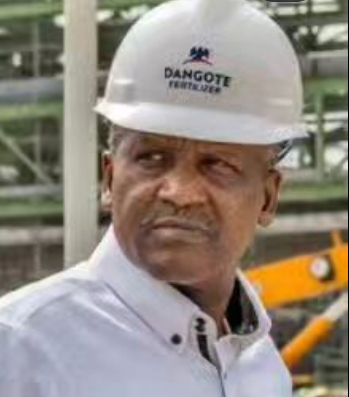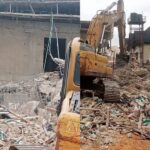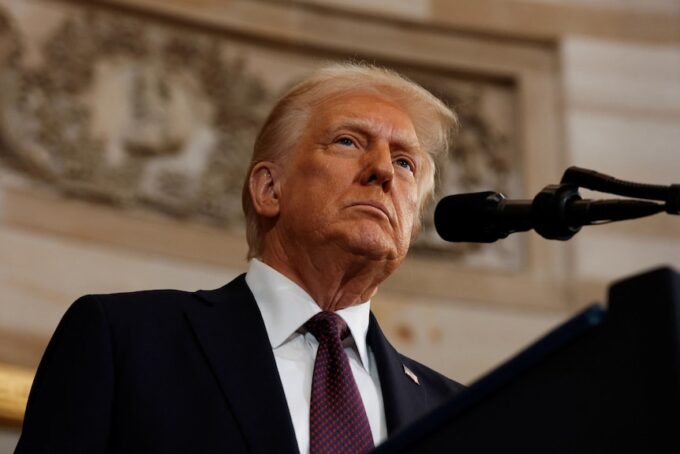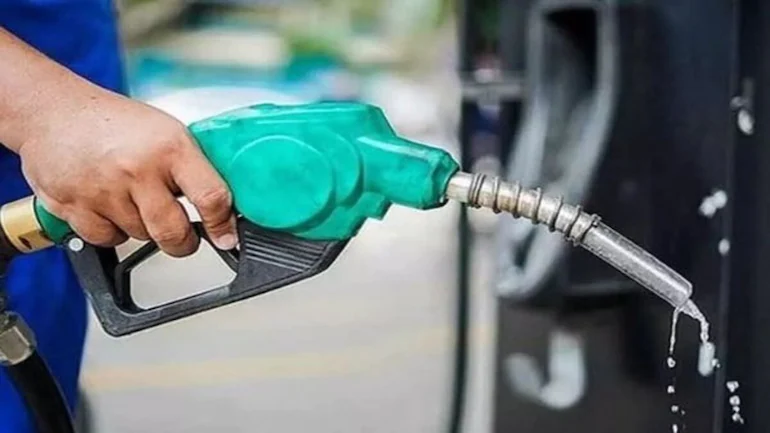News | Events | Digital PR | Advertising
Report claims Dangote Refinery Resells Imported, Nigerian Crude Oil

Dangote Petroleum Refinery, is reselling crude oil cargoes from both the United States and Nigeria.
Reuters sources indicate that this move, unusual for refineries, stems from technical challenges at the refinery.
A Dangote executive, asked about the offers and talk in the market that the refinery is having operational issues affecting the crude distillation unit, said the CDU is in operation.
The refinery, which began production in January 2024, aims to be the largest in Africa and Europe once fully operational. It’s designed to shift Nigeria from a fuel importer to a fuel exporter.
However, recent events suggest the refinery is grappling with operational issues, specifically with its crude distillation unit (CDU). Despite these claims, a Dangote executive insists the CDU is functional.
Cargoes of Nigerian Escravos and Forcados crude were among the grades being offered, as well as U.S. WTI Midland crude, the sources told Reuters.
The plant has been importing several crude cargoes a month, traders have said.
Constructed at a cost of $20 billion by Africa’s wealthiest individual, Aliko Dangote, the 650,000-barrel-per-day facility represents a significant investment in Nigeria’s oil and gas sector. Dangote’s ambition is to eliminate Nigeria’s dependency on imported fuel, an ongoing issue despite the nation being Africa’s top oil producer.
This situation arises amid other significant moves by the Dangote Group, which plans to list its refinery and a fertiliser subsidiary on the Nigerian stock exchange by early 2025. This public listing strategy hopes to alleviate foreign exchange pressures on the Nigerian economy.
The refinery has been importing considerable volumes of U.S. crude, with more than 16 million barrels of West Texas Intermediate crude purchased in 2024 alone.
This trend is expected to continue, with increased imports slated for the coming months.
While the plan is for the refinery to meet Nigeria’s entire demand for refined petroleum products and generate a surplus for export, the current technical issues pose a significant hurdle.
Explore more
Scientists Research Nigeria’s Okra, Maize, Four Other Crops During NASA’s Space Mission
International astronauts will research six indigenous Nigerian crops and seeds during the...
President Trump Orders Pharmaceutical Companies To Cut Drug Prices Within 60 Days
President Donald Trump on Thursday said he asked major pharmaceutical companies to...
Microsoft To Become The Next $4 Trillion Company
Microsoft (MSFT.O), opens new tab soared past $4 trillion in market valuation...
Importers Slash Petrol Prices Below Dangote Rates Amid Rising Market Competition
Competition has hit Nigeria’s petroleum sector as fuel importers slash petrol prices...












Leave a comment